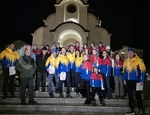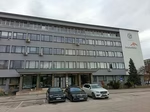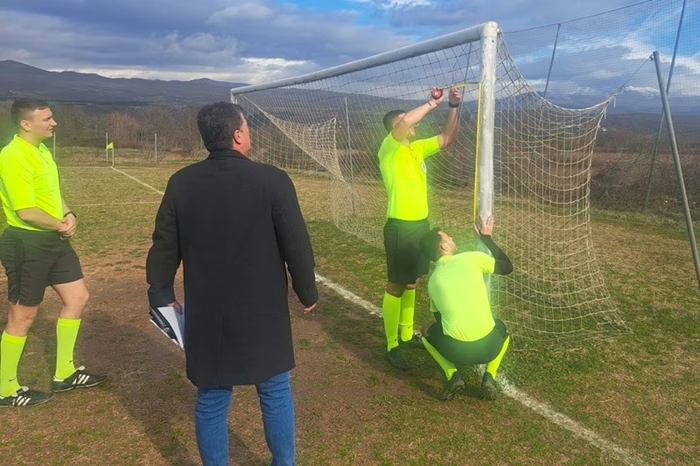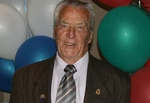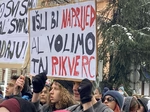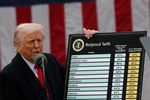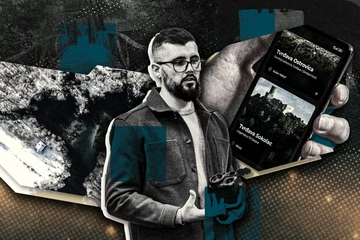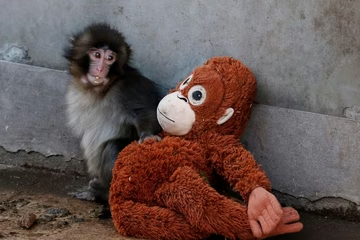Political science professor: Republika Srpska is entering an authoritarian phase
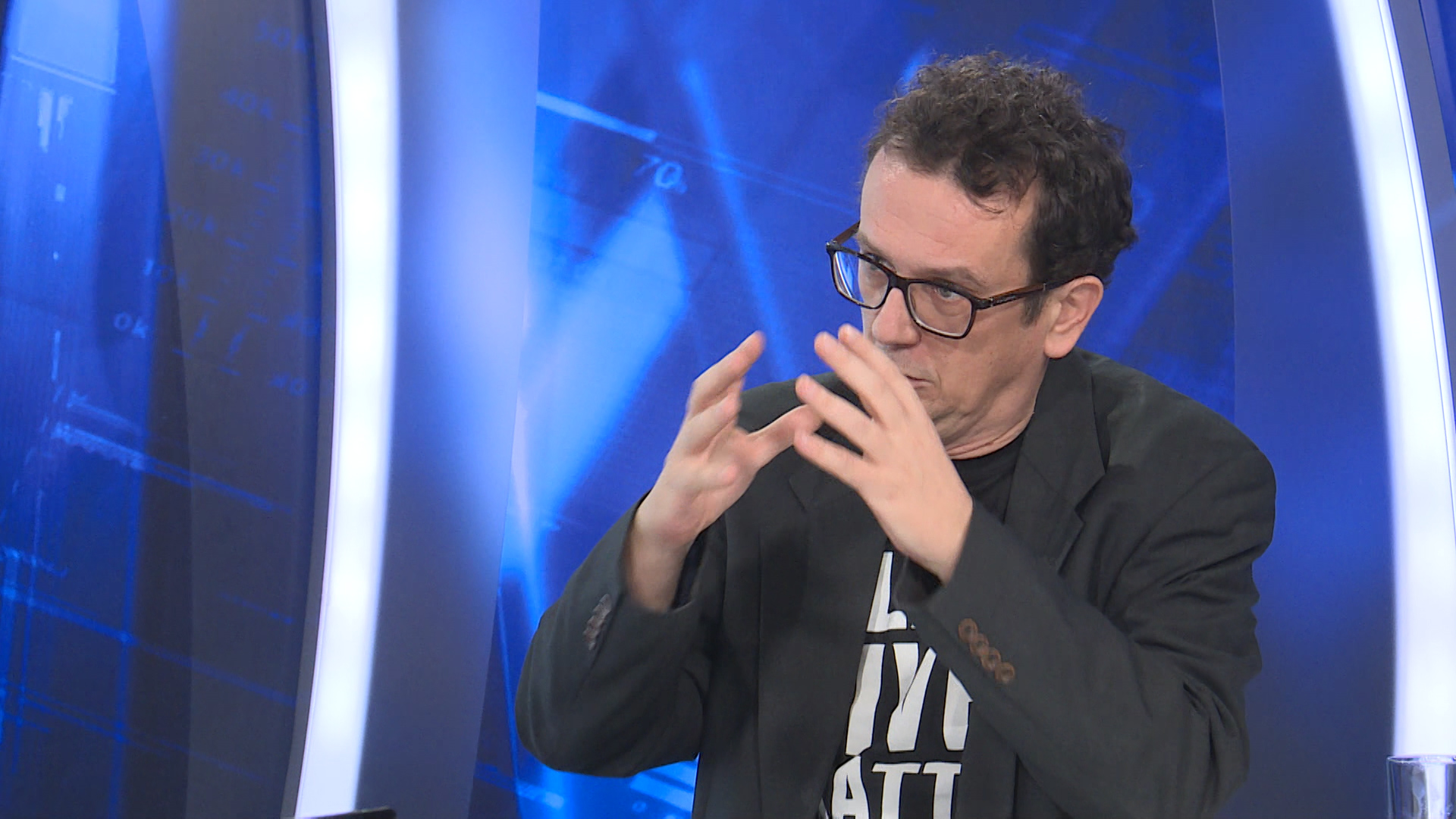
Tuesday’s police actions show that the regime in Bosnia’s Serb-dominated semi-autonomous region, Republika Srpska (RS), has entered an “authoritative phase,” as the ruling Alliance of Independent Social Democrats (SNSD), has “taken over all segments of society,” political science professor Asim Mujkic told N1.
SNSD leader and Bosnian Serb member of the tripartite state Presidency Milorad Dodik had been announcing he will prevent further gatherings of the Justice for David group at the Krajina square in Banja Luka, Mujkic said.
The group has been gathering for months in support of the father of 21-year-old David Dragicevic whose murder in March has not been solved.
Police made contradicting statements about his death and his father’s quest for justice for his son has meanwhile turned into a mass protest against the government of Dodik and his party.
Dragicevic believes police is covering up the murder and protecting the killer who he suspects is connected to the political elite in Republika Srpska.
On Tuesday police in Banja Luka clashed with protesters as detentions of David's parents and their supporters turned violent. Masked officers with riot gear were seen beating some of the protesters.
Dragicevic is still in custody which sparked more protests that spread in the evening to the capital of Sarajevo.
Professor Asim Mujkic said that Dodik’s earlier statements, where he announced that he will chase away the protesters, represents a step toward the establishment of a police state and towards a decrease in human rights and freedoms in the RS.
He also theorised about why RS authorities chose to act at this particular time.
“Maybe because of the upcoming holidays,” he said, referring to the city’s plans to hold an outdoor New Year's Eve celebration at the square where Dragicevic and his supporters have been protesting for the past nine months.
“Now they need to show that Banja Luka is a ‘cool’ city and some man who is fighting for the truth about his son is an obstacle,” Mujkic speculated.
But the conditions for the police action on Tuesday have been created by the stance of Dodik and his party, he said.
Mujkic drew a parallel between the reaction of the RS police on Tuesday and the behaviour of police in neighbouring Serbia in 2016 when authorities demolished a number of privately owned buildings in the Savamala neighbourhood in Belgrade to allow the construction of a new neighbourhood.
He said both activities share an element of surprise. Such police behaviour is characteristic for totalitarian regimes which “swear by the well-being of the nation, but do not care about the individual suffering of the people,” he said.
“We are turning into a police state. Nationalism has been ruling here for 30 years,” Mujkic said.
In the 1990s, this type of nationalism expected people to sacrifice their lives and property for the national cause, the professor said.
He also compared the protest with several others that have taken place in the country throughout recent years.
Mujkic mentioned a 2013 protest in Sarajevo over a quarrel between state authorities regarding the ID numbers for newly born children. Back then, nationalism “asked of us to sacrifice our children.”
“Now it wants us to sacrifice the truth about our children,” he said.
He alleged that the police and judiciary in the RS have tried to cover up all evidence about the murder of David Dragicevic and that the government there will do all it can to present what is going on as a conspiracy.
He also compared the protest to another one that took place across several Bosnian towns in 2014, when masses of citizens tried to topple their local governments citing mostly socio-economic reasons.
“This is how it began in Sarajevo - when a police cordon tried to chase away people. In Sarajevo it produced anger and a strong counter-action from citizens,” he said.
Mujkic said the protests could end in two ways.
“One is for the police batons to beat the hell out of people and the other is even more popular anger. I think the latter will happen,” Mujkic said.
The professor said that the Bosnian Serb leader is always putting protests into a nationalist context.
He predicted that the RS Government will try to interpret the gathering in Sarajevo in support of the protest in Banja Luka “in the worst warmongering way.”
Kakvo je tvoje mišljenje o ovome?
Učestvuj u diskusiji ili pročitaj komentare





 Srbija
Srbija
 Hrvatska
Hrvatska
 Slovenija
Slovenija












